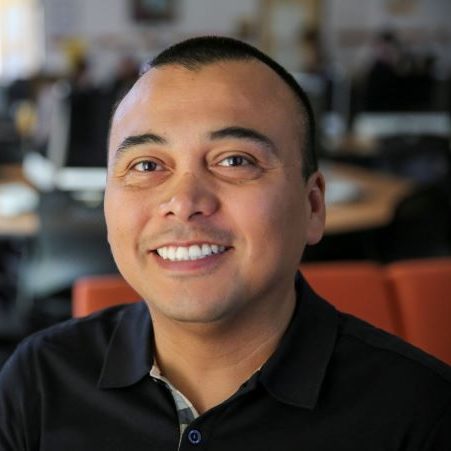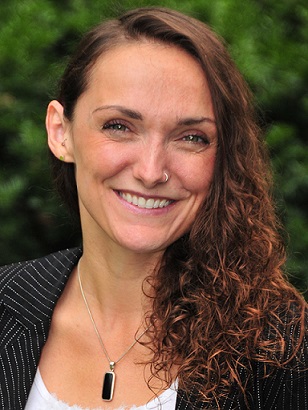CALL and Professional Development
After watching the recorded presentations, join these authors for a live panel discussion on December 3, 2020 at 11:15 am – 11:45 am (CST). Moderator: Mahdi Duris
| Presenter | Abstract |
|---|---|
 Adolfo Carrillo Cabello Technology Enhanced Language Learning Specialist | Teaching languages at a distance as guided practice For decades, CALL has shaped approaches to language teaching and provided solutions for language learning to occur outside of the classroom. While there have been significant advances in pedagogies for teaching languages online (Means et al., 2014; Son, 2018), with the rapid switch to emergency remote teaching many language programs quickly realize that more needs to be done to prepare teachers for effective distance language teaching (Hodges et al, 2020). While the need for better teacher development for effective online teaching is not new (Ernest, et al., 2011), the COVID-19 pandemic uncovered greater gaps in teacher development that called for more coherent and systematic approaches that draw upon research findings (Paesani, 2020). This presentation explores nuances in rapid pivoting to teaching languages at a distance, and proposes guidelines for professional development (PD) interventions that draw upon collective expertise. The presentation describes the process for planning, implementing, and evaluating systematic PD that afford language instructors the ability to pivot to distance learning by creating flexible learning spaces in which a mix of synchronous and virtual instructional practices coexist, as well as suggestions for adapting the language curriculum to account for independent and collaborative learning experiences that are effective regardless of the instructional format. |
 Sarah Huffman Assistant Director of the Center for Communication Excellence | Conversion of a graduate-level tutor training from face-to-face to online at a graduate communication center Even before the abrupt shift to online teaching forced by the COVID19 pandemic, online curricula in graduate-level education have enjoyed tremendous growth over the past decades (Fain, 2018). A reason for this growth pertains to online programs’ adaptability and heightened accessibility for broader audiences. Such platforms provide administrators/instructors the opportunity to embed support mechanisms that allow for deeper understanding through simplified designs and bolstered instructional aids. Most graduate-level and professional schools require their students to master writing effectively within their respective discourse communities, and many must produce a thesis, dissertation, or similar capstone-type paper at the end of their program; however, most programs do not offer explicit support with graduate-level writing within the discipline or profession (Gonzalez & Moore, 2018). In this mini-presentation drawn from a workshop provided at the Consortium on Graduate Communication’s 2020 Summer Institute, the presenter will share her experiences in the creation of an online training program for graduate writing consultants who provide constructive feedback and valuable peer collaboration to graduate-level. Challenges, successes, and overall impressions from the design and implementation of this online training will be shared along with recommendations for best practices in developing training for graduate writing consultants. |